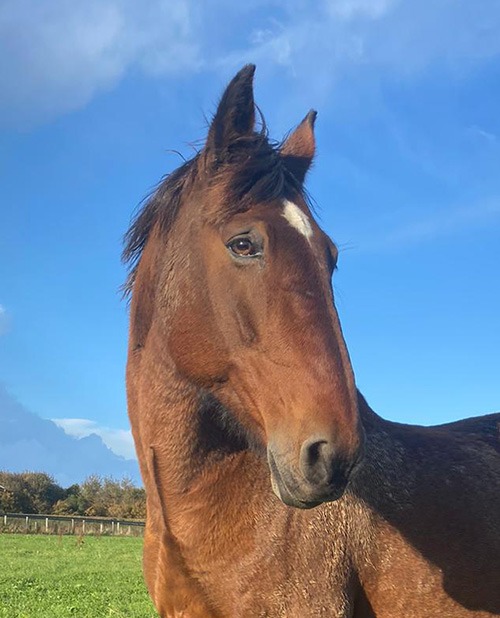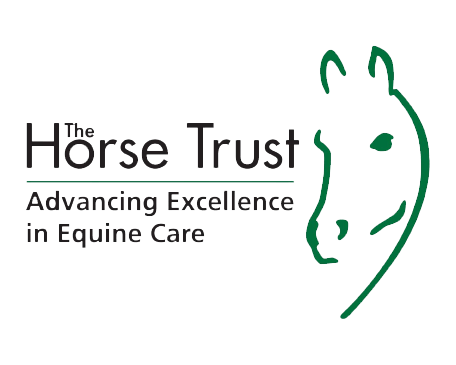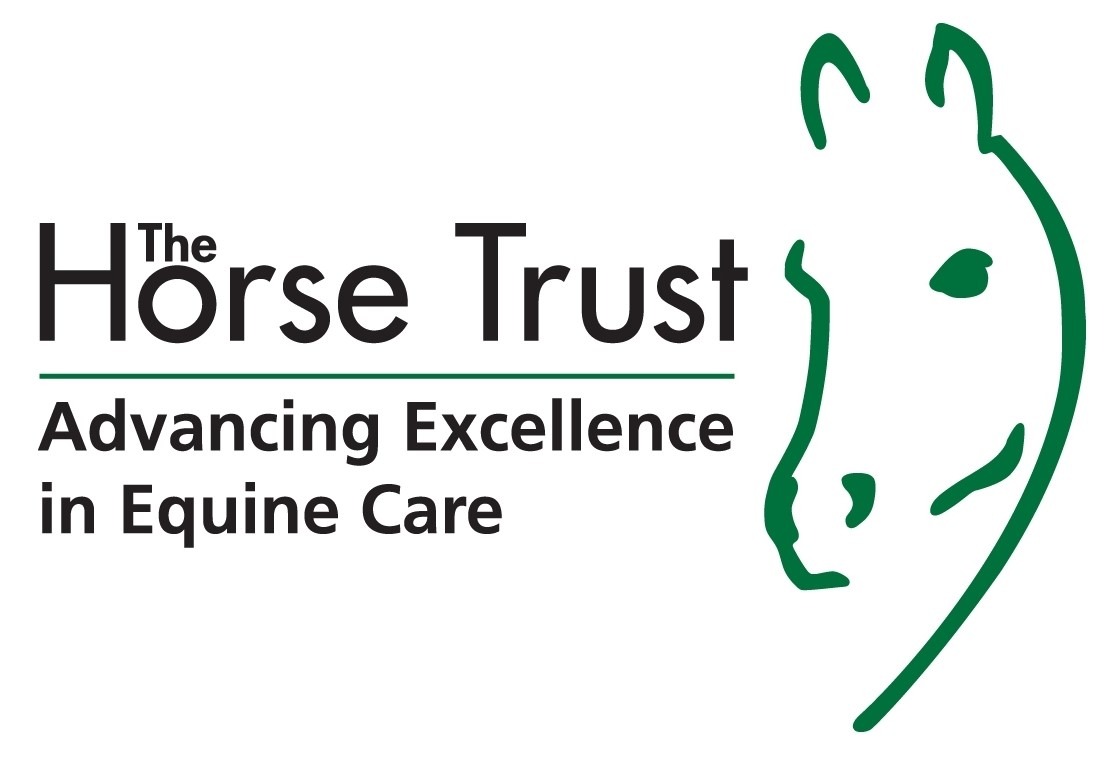RESEARCH FUNDING

Since 1965 The Horse Trust has given over £25 million in funding for research projects, clinical residencies, capital buildings and equipment for vet schools and other institutions. Following a brief period of closure to new applications, we launched our new research funding grant programme in 2013. We accept grant applications from all UK veterinary schools and will consider applications from other universities and institutions.
The aim of our research funding grant programme is:
To fund non-invasive research of the highest scientific standard that advances our knowledge of veterinary treatment, the optimal care of equines and the prevention of disease and suffering. The aim is to impact positively on the wider equine population.
We recently reviewed our research funding grant applications process and we now accept applications for research grants, PhD studentships, postgraduate studentships, pump priming projects as well as other innovative proposals.
In all cases, The Horse Trust seeks active partnerships with successful applicants to help share the outcomes from the work we undertake, developing and disseminating best practice in order to to improve the lives of horses. We aim to support you in the publication of scientific and lay articles as well as more active collaborations – interviews, producing editorial for publications, media and social media initiatives, seminars, short films and other innovations aimed at changing peoples’ behaviour in the interests of improving horse wellbeing.
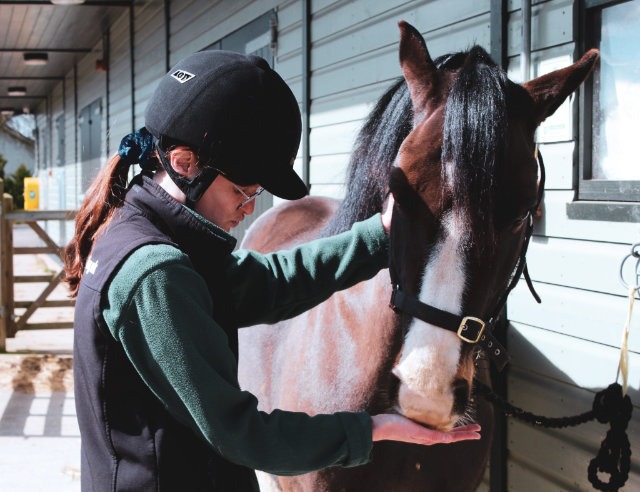
Full proposals will be sent for external peer review by up to three experts, who may be anywhere in the world, and who have specific expertise in that area. They will then be scrutinised by the Horse Trust’s Science & Ethics Committee, and the final research funding award made after consideration by the entire Board of Trustees of The Horse Trust. Applicants are usually informed of the outcome by mid July each year. Projects should commence within 6 months of award. We will give feedback to all short-listed applicants.
The deadline for receipt of full proposals will be notified if you are successful at the preliminary stage. It is usually mid February each year. The Horse Trust expect outputs of its funded work to be freely accessible either through use of journal open access publications or through green open access publishing via an institutional repository. Funding is not normally available from The Horse Trust and investigators are encouraged to access OA through agreements made between institutions and publishers through ‘Read and Publish’ agreements. For example here. Grant applications that include OA costs will not be considered for peer review.
The Grants Process
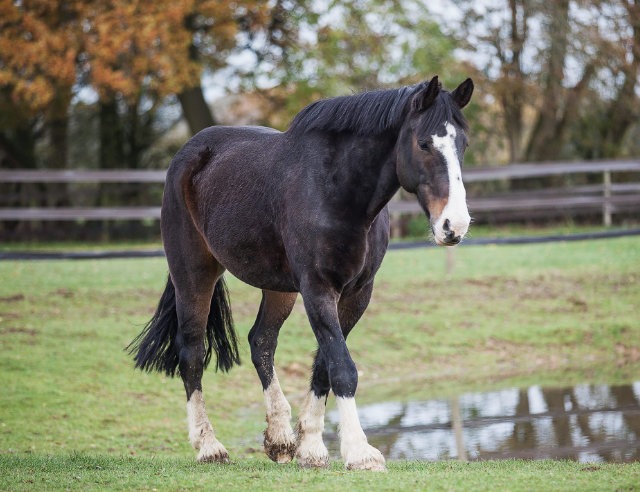
The annual research funding grant application process starts with a preliminary application made in October each year, and if you are successful at this stage, you will be invited to submit a full application. Due to the numbers of research funding applications normally received (between 40 and 50), we will not be able to give specific feedback to unsuccessful applications at the preliminary stage.
Grant applications are accepted from the following institutions:
- University of Bristol
- University of Glasgow
- University of Liverpool
- University of Surrey
- University of Cambridge
- University of Edinburgh
- Royal Veterinary College
- University of Nottingham
- Moredun Research Institute
- University of Lincoln
Our external research funding round is closed until October 2025.
Should you have any research enquiries, whether for research grants, PhDs, small or pump priming projects, please log your interest by emailing rebecca.rawson@horsetrust.org.uk so that we can contact you with updates.
The Horse Trust Research Funding 2024/25
